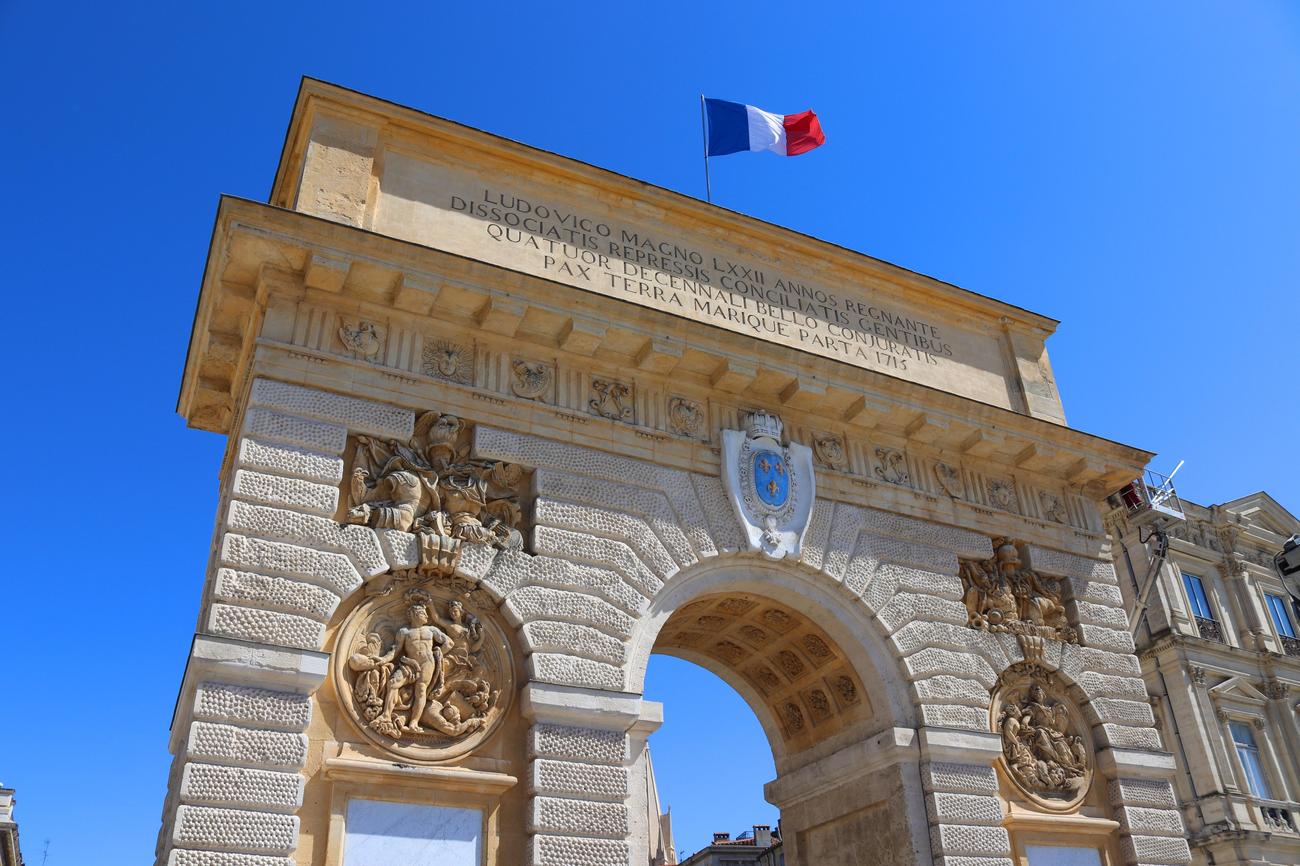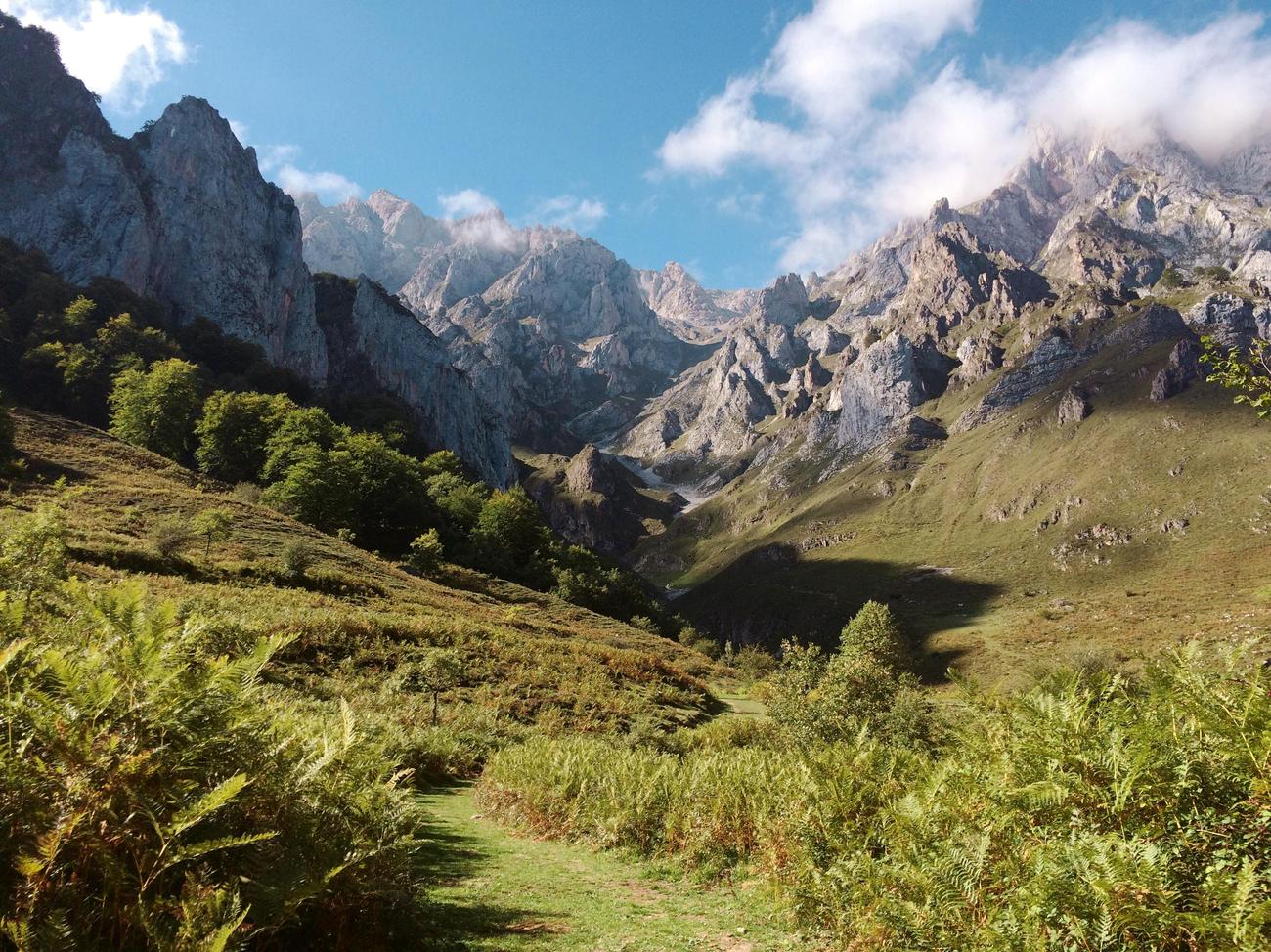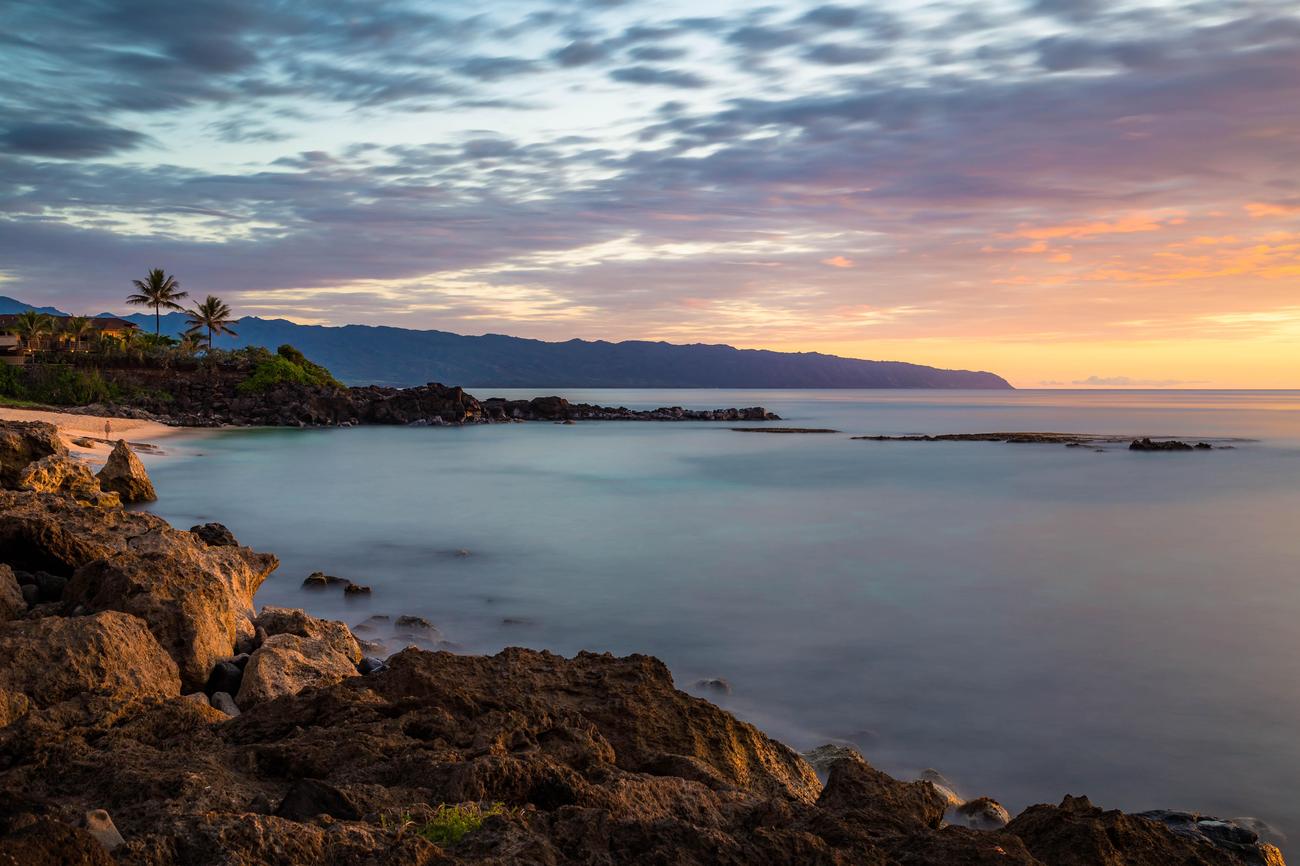Are you ready to embark on a journey of discovery through the hidden pages of Malawi’s captivating history? Brace yourself for a riveting tale that unveils the untold stories and forgotten gems that have remained obscured for far too long. In this article, we will delve into the lesser-known history of Malawi – a rich tapestry of events, characters, and cultural aspects that have shaped this nation in profound ways. Join me as we dig through the archives, unraveling the secrets and shedding light on the intriguing past of Malawi.

Lesser-Known History of Malawi
Welcome to a journey through the fascinating lesser-known history of Malawi, where we will uncover forgotten gems and shed light on untold stories. As an experienced history enthusiast and researcher, I am excited to share with you the hidden chapters of this vibrant nation’s past.
The Maravi Empire: A Forgotten Legacy
In the 16th century, the region of present-day Malawi was part of the Maravi Empire, stretching across modern-day Malawi, Mozambique, and Zambia. Founded by the Amaravi people, who later became the Chewa, this empire holds a wealth of captivating history waiting to be revealed.
Did you know? The Maravi Empire thrived on agriculture, particularly the cultivation of millet and sorghum, which played a crucial role in sustaining its economy.
European Encounter and Cultural Exchange
During the reign of the Maravi Empire, European exploration brought the Portuguese in contact with the people of Malawi. Trading ivory, iron, and slaves, the Chewa engaged with the Portuguese and Arabs. The Chewa language, known as Chewa or Nyanja, served as a common means of communication.
Unveiling the past: In 1616, Portuguese trader Gaspar Bocarro produced the first European account of Malawi, offering valuable insights into this lesser-known chapter of history.
Maize’s Arrival and Influence
The Portuguese left an indelible mark on the culture and cuisine of Malawi by introducing maize to the region. This crop, which originated from the Americas, eventually became the staple of the Malawian diet.
A taste of history: Maize’s introduction sparked a remarkable transformation, influencing not only food but also agricultural practices and cultural traditions.
Slave Trade and its Impact
Tragically, the history of Malawi also bears witness to the brutal slave trade. Malawian tribes traded slaves with the Portuguese, who subsequently shipped them off to work on plantations in Mozambique or Brazil.
Unearthing forgotten pain: The slave trade left a deep imprint on the social and economic fabric of Malawi, forever altering the lives and destinies of countless individuals.
The Ngoni People and the Maravi Empire’s Decline
In the 19th century, the arrival of the Ngoni people marked a turning point in the history of the Maravi Empire. Fleeing from the Zulu Empire during the mfecane, the Ngoni settled in central and northern Malawi, merging with other groups.
A clash of cultures: The Ngoni’s migration and integration disrupted the Maravi Empire, and its decline was strongly influenced by this significant development.
So, as we journey through Malawi’s lesser-known history, we discover an intricate tapestry of empires, trade, cultural exchange, and tragic events. These forgotten gems are vital in shaping our understanding of this vibrant nation’s historical heritage.
Key takeaway: Unearthing these lesser-known chapters of Malawi’s history allows us to enrich our understanding of the nation’s origins, culture, and social dynamics.
As we continue our exploration, we unveil the captivating stories of individuals, communities, and events that have shaped Malawi’s past. Join me in this enlightening journey as we bring to light the lesser-known history of Malawi, revealing its forgotten gems and painting a comprehensive picture of this remarkable nation’s heritage.
Malawi is a fascinating country, full of rich culture and natural beauty. If you’re curious to learn more about this hidden gem in southeastern Africa, we’ve got you covered. With our list of 10 fun facts about Malawi, you’ll be amazed at what this country has to offer. From its stunning landscapes to its diverse wildlife, Malawi is a true paradise waiting to be explored. So why wait? Click here to uncover the secrets of Malawi and embark on a journey of discovery: 10 fun facts about Malawi. Get ready to be captivated by the wonders of this remarkable nation!

FAQ
Question 1:
What was the significance of the Maravi Empire in the history of Malawi?
Answer 1:
The Maravi Empire, founded by the Amaravi people in the late 15th century, played a crucial role in the history of Malawi. Covering parts of modern-day Malawi, Mozambique, and Zambia, the empire relied heavily on agriculture, particularly millet and sorghum production. It also established trade relations with the Portuguese and Arabs, using the Chewa (Nyanja) language. The empire’s decline was influenced by the arrival of the Ngoni people in the 19th century.
Question 2:
Who were the Ngoni people and how did they impact Malawi’s history?
Answer 2:
The Ngoni people were a group that fled from Shaka Zulu’s Zulu Empire during the mfecane in the 19th century. They settled in central and northern Malawi, particularly in Ntcheu, Dedza, and Mzimba districts, where they mixed with other groups. The arrival of the Ngoni people affected the decline of the Maravi Empire and shaped the cultural and demographic landscape of Malawi.
Question 3:
What were the main commodities traded between the Malawian tribes and the Portuguese?
Answer 3:
The main commodities traded between the Malawian tribes, particularly the Chewa, and the Portuguese were ivory, iron, and slaves. Through this trade, the Portuguese introduced maize to the region, which eventually became a staple in the Malawian diet. The Malawian tribes traded slaves with the Portuguese, who sent them to work on plantations in Mozambique or Brazil.
Question 4:
Who produced the first European account of Malawi, and when was it published?
Answer 4:
The first European account of Malawi was produced by Gaspar Bocarro, a Portuguese trader. His account was published in 1616, providing valuable insights into the history, culture, and trade of Malawi during that time. Bocarro’s work marked the beginning of a more comprehensive understanding of Malawi’s historical heritage.
Question 5:
What are the key aspects of Malawi’s history that tend to be overlooked or unknown?
Answer 5:
Malawi’s history is rich with untold stories and lesser-known events. Some key aspects that tend to be overlooked or unknown include the existence and significance of the Maravi Empire, the early interactions between the local tribes and the Portuguese, the introduction of maize to the region, and the impact of the Ngoni people on the decline of the Maravi Empire. Exploring these hidden gems helps to promote a more comprehensive understanding of Malawi’s historical heritage.
- Star Ring Trends: Etsy vs Amazon - March 28, 2025
- Boost Pollinator Habitats: Baby Blue Eyes Sustainable Farming Guide - March 28, 2025
- Protect Big Black Bears: Effective Conservation Strategies - March 28, 2025
















